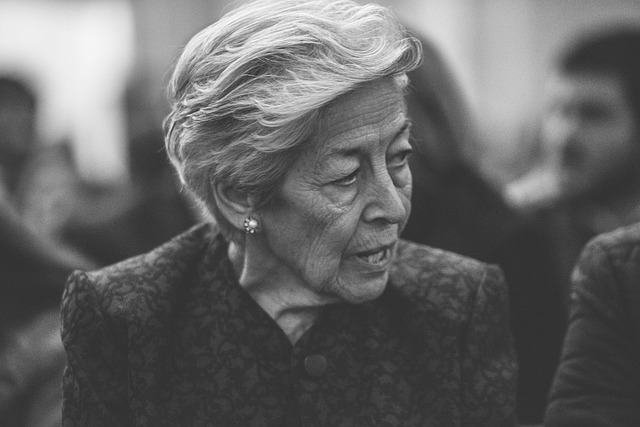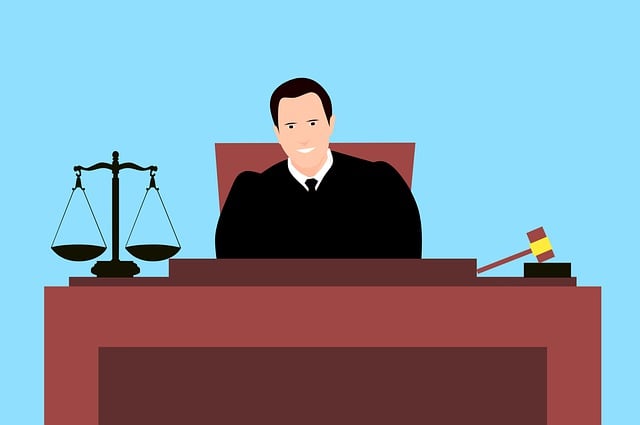Family law for grandparents provides legal protections and rights to maintain significant relationships with grandchildren, including visitation, custody, and decision-making powers. Grandparents facing family court challenges often struggle due to complex systems, emotional conflicts, age, and finances. Their unique bond with grandchildren should be preserved through proactive communication, understanding arrangements, utilizing legal protections under varying jurisdiction laws, and seeking specialized family law counsel for navigating complex processes.
Protecting grandparent rights in family court proceedings is a critical aspect of maintaining strong, healthy family connections. This comprehensive guide explores the legal framework surrounding grandparent rights under family law, delving into common challenges faced by grandparents and empowering them with strategies to preserve relationships. By understanding their legal protections, families can navigate these sensitive matters with empathy and fairness.
- Understanding Grandparent Rights Under Family Law
- Common Challenges Faced by Grandparents in Court Proceedings
- Strategies and Legal Protections for Preserving Grandparent-Child Relationships
Understanding Grandparent Rights Under Family Law

In many jurisdictions, family law recognizes and protects the rights of grandparents to maintain significant relationships with their grandchildren. Grandparent rights under family law vary from place to place but generally encompass several key aspects. These include the right to visit and spend time with grandchildren, the ability to seek custody or visitation orders if separated from them, and the possibility of participating in major decision-making processes regarding their upbringing. Understanding these rights is crucial for grandparents looking to navigate family court proceedings.
Family law for grandparents often aims to balance the interests of both parents and extended family members while ensuring the best interests of the child are prioritized. Grandparents’ involvement can play a vital role in providing stability and love within a child’s life, especially in situations where parents may be unable or unwilling to care for them. Recognizing and upholding grandparent rights contribute to a holistic approach to family dynamics and well-being during legal processes.
Common Challenges Faced by Grandparents in Court Proceedings

Grandparents often face unique challenges when involved in family court proceedings, especially when fighting for their rights to access and participate in their grandchild’s life. One of the primary hurdles is navigating a complex legal system that can be intimidating and confusing. Many grandparents may not be aware of their specific rights under family law for grandparents, leading to an overwhelming experience. The intricate nature of custody battles, visitation schedules, and parental decisions often leaves them feeling powerless.
Additionally, they frequently encounter resistance from parents or other family members who may prioritize their own agendas over the best interests of the grandchild. This can result in emotional conflicts and a need for robust legal representation to advocate on their behalf. Grandparents’ advanced age or limited financial resources can also impact their ability to access quality legal counsel, further complicating their journey through the court process.
Strategies and Legal Protections for Preserving Grandparent-Child Relationships

Grandparents play a unique and invaluable role in their grandchildren’s lives, and family court proceedings should recognize and protect this bond. When facing legal challenges that could disrupt their relationship, grandparents have several strategic options to preserve their rights and maintain access. One crucial approach is proactive communication; open dialogue between grandparents and parents can help establish mutual understanding and agree on custody arrangements that benefit everyone. This may involve regular visits, shared parenting time, and creating a structured schedule that accommodates both families’ needs.
Legal protections for grandparent rights often fall under family law statutes, which vary by jurisdiction but generally aim to safeguard the interests of children and non-custodial parents. Grandparents can seek legal counsel specializing in family law to explore options like filing for visitation rights, seeking joint custody, or petitioning for formal access. These legal protections empower grandparents to navigate complex court processes and ensure their perspectives are considered alongside those of parents and children.






